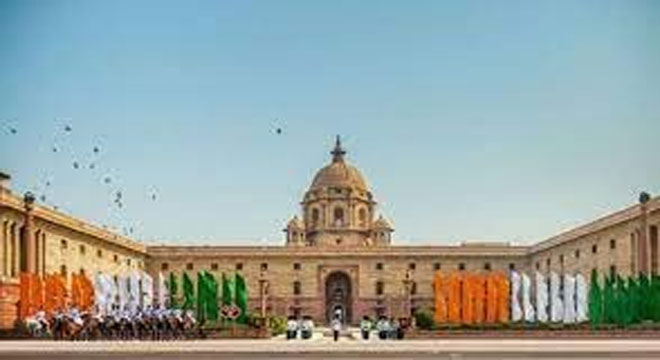UNITED NATIONS, Aug 18 (APP):A leading American newspaper has called attention to India’s decision to prioritize visa process for Hindus and Sikhs from Afghanistan, saying the move drew comparisons to a contentious 2019 citizenship law, enacted under Hindu nationalist Prime Minister Narendra Modi, that discriminates against Muslims.
In a report, The New York Times pointed out that the policy announced for “emergency visas” did not say whether Muslims, who make up the majority of those seeking to leave Afghanistan following the Taliban take over, would also be considered.
“We are in constant touch with the Sikh and Hindu community leaders in Kabul,” S. Jaishankar, India’s external affairs minister, said on Twitter. “Their welfare will get our priority attention.”
That distinction prompted condemnation from some corners, the Times pointed out.
“Ashamed that the government of India response now is to look at desperate Afghan refugees not as humans fleeing persecution and sure death, but from the view of whether or not they’re Muslim,” Kavita Krishnan, an opposition politician, said on Twitter.
India also drew criticism after numerous seats were left empty on an Indian Air Force flight on Tuesday that evacuated Indian citizens and officials from the country’s embassy in Kabul, it said.
Noting that officials in New Delhi have indicated that the country will “stand by” the Afghans who worked closely with the Indian government and its mission in Afghanistan, the Times said It was not clear whether their religious status would be a factor in that process.
A spokesman for the ministry of external affairs did not immediately respond to a request for comment, it was pointed out.
Meanwhile, citing experts the report says that India is cautiously navigating its relationship with Afghanistan’s new leaders. Indian diplomats, it said, recently made efforts to engage with the Taliban as part of the U.S.-led talks in Doha, Qatar.
Vivek Katju, a former Indian ambassador to Afghanistan, was cited as saying last week that India had become a “bystander” in Afghanistan and that the country’s leaders did not know “which way to turn” anymore.
“Engagement with the Taliban should happen,” Katju said in a telephone interview with The New York Times on Tuesday. “The mechanics of the engagement should be such that it should be open and direct.”
Follow the PNI Facebook page for the latest news and updates.









